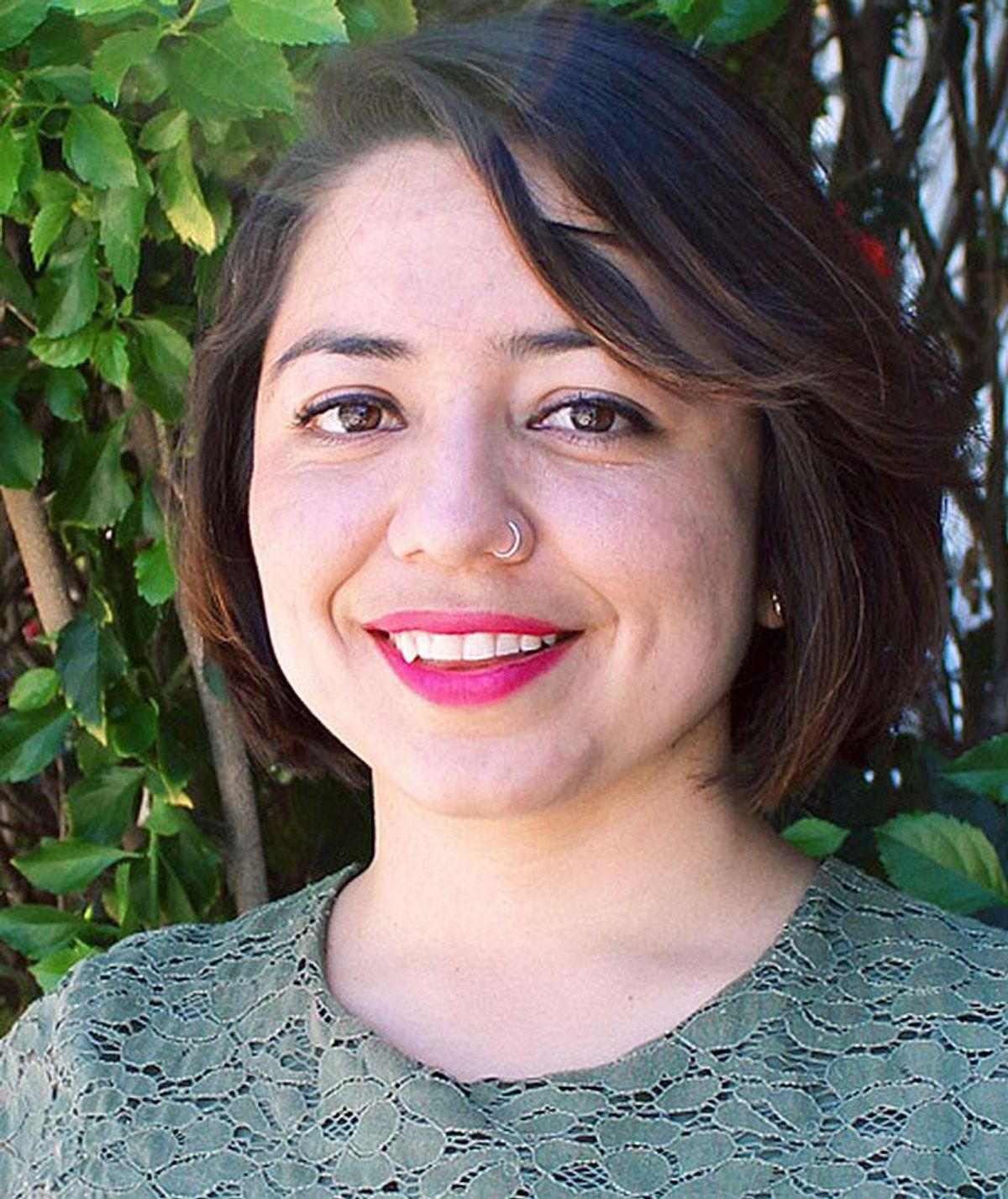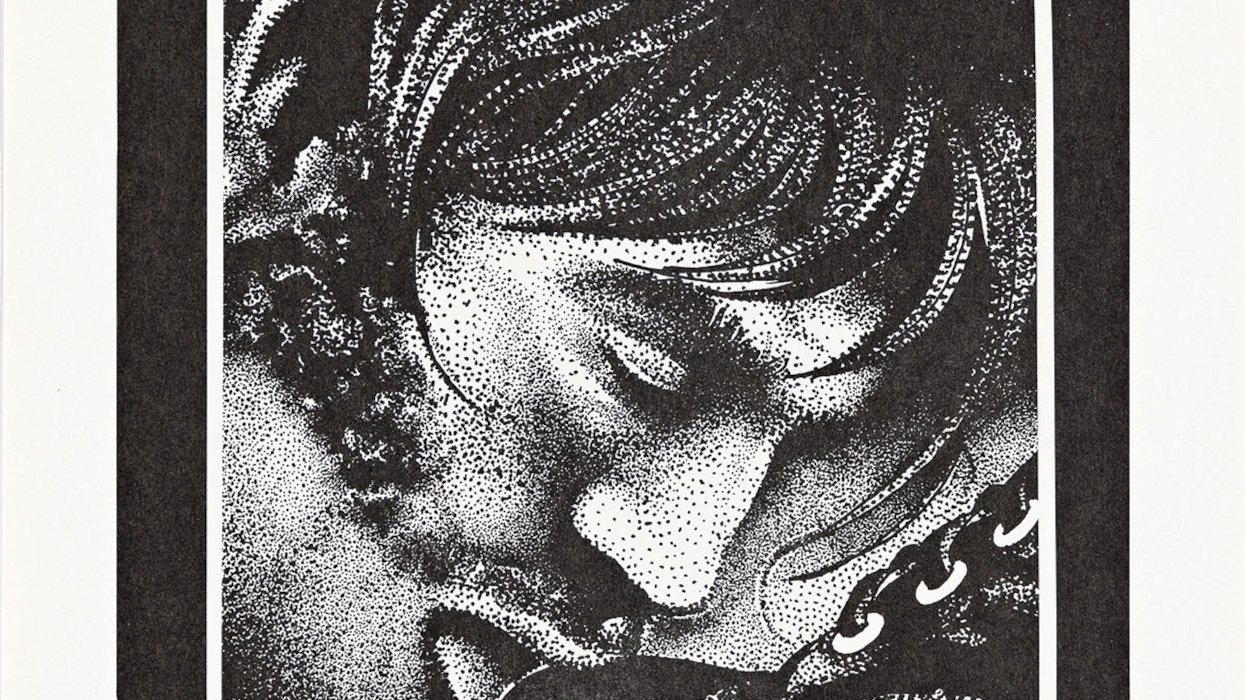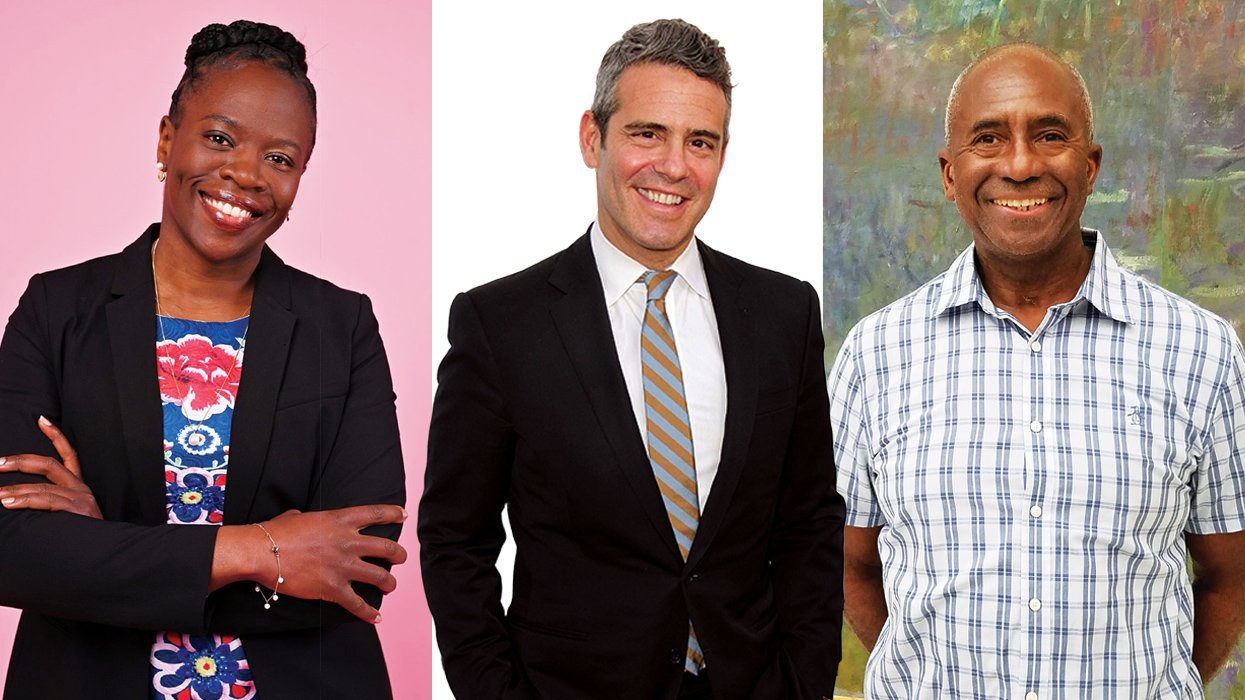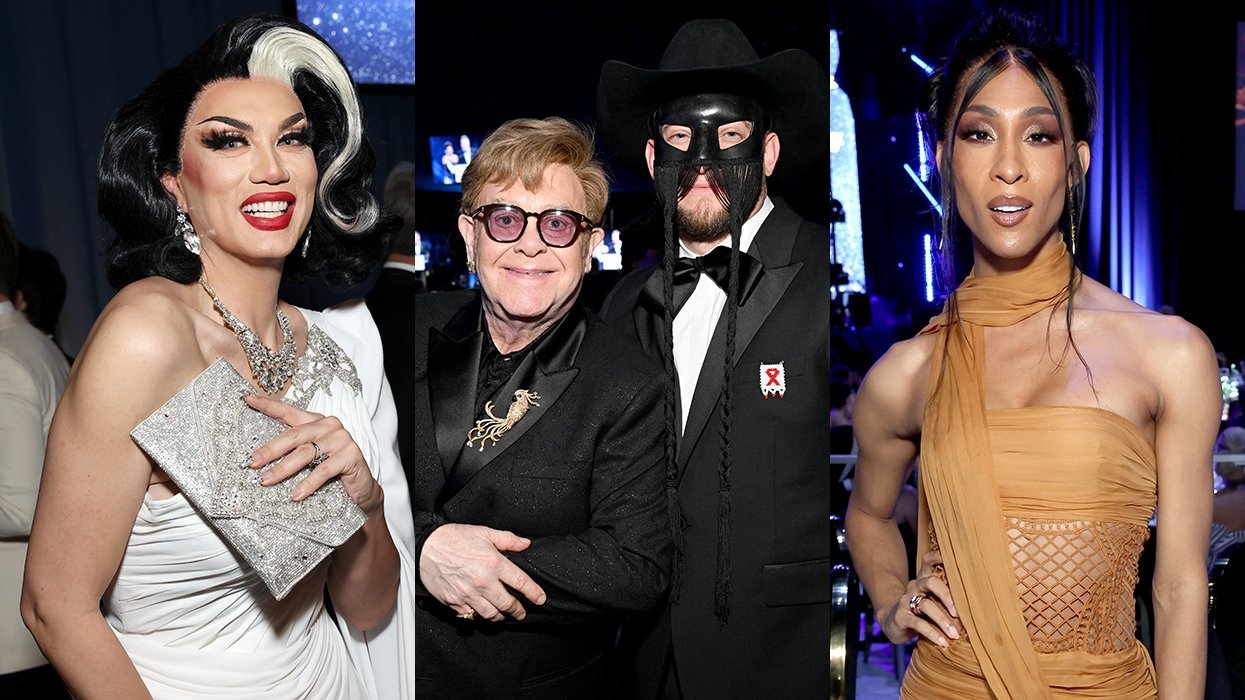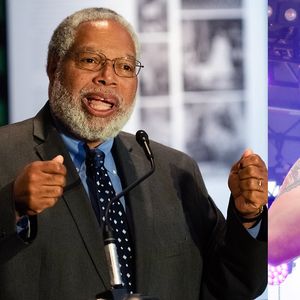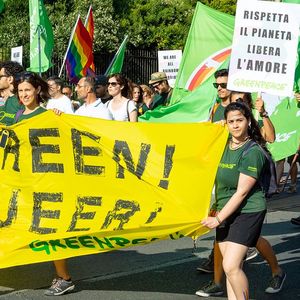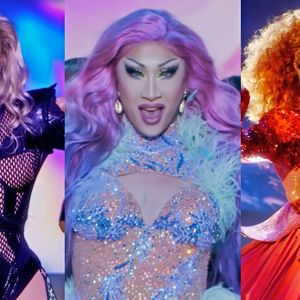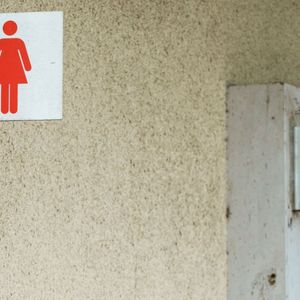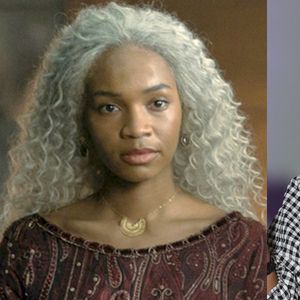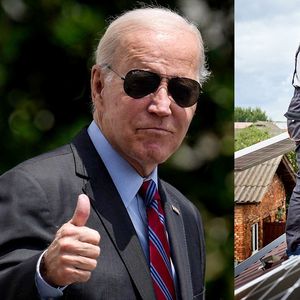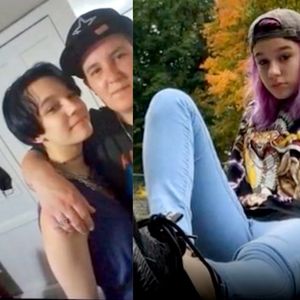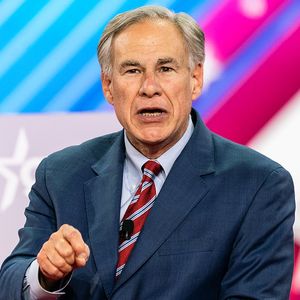There’s something deceptive about Grandados's exterior: she’s at home with buttoned-down politicians and can come across as such a mild-mannered young woman, you’d never expect her to say the word "vagina" in an official public forum or to be the tireless agitator, sex-positive women's rights supporter, and poz superwoman she also is.
HIV is a complex, global issue and to combat it an entire ecosystem of HIV advocates has sprouted: service providers, activists, politicians, filmmakers, researchers, social workers, prevention specialists, safer-sex advocates, advisors, educators, peer navigators and people living with the disease on a daily basis. Few people move between these niches in part because they require entirely different sets of skills. Then there’s Grissel Granados. She doesn’t just travel between one or two; she’s got roots in all of them.
Granados has a Master’s in Social Work at the University of Southern California. She’s currently a Research Coordinator, at Children's Hospital Los Angeles, where she is running a study around HIV testing modalities with Latino youth; she also coordinates the hospital’s HIV counseling and testing services and co-facilitates the Youth Community Advisory Board. At Children’s Hospital, she works primarily with young gay and bisexual men and transgender youth of color.
She’s helping make sure California’s Getting to Zero HIV-prevention plan empowers underserved communities, and co-chairs the Standards and Best Practices committee of the Los Angeles County Commission on HIV. She's part of J+LAC, an international network of Latin American youth and young adults living with HIV. One of the youngest appointees to the Presidential Advisory Council on HIV/AIDS, Granados is especially happy with how that position enables her to help advise the National HIV/AIDS Strategy and other federal level policy decisions.
Naina Khanna, executive director, Positive Women's Network-USA says she was also thrilled to see Granados appointed to PACHA in 2014.
"Her leadership and voice is so necessary at that level," Khanna tells us now. "As a young Latina woman living with HIV, Grissel has pushed me to think differently about what it means to be a long-term survivor at the age of 20 or 30, from not just a physical, but an emotional and psychological perspective. She is a fierce, sex-positive advocate for women's rights, immigrant rights, and LGBT communities, and I'm proud to call her my sister in this struggle."
Granados also advises and educates local and international communities and institutions on issues related to youth and HIV. She advocates for comprehensive sex health education for young people, and emphasizes the importance of a sex-positive approach to HIV prevention and care.
“The full sexual lives of young women must be acknowledged by providers,” she wrote for the Positive Women’s Network. “Doctors need to ask about young women’s sexual practices without making assumptions. Case managers and therapists must support young women in being able to explore their sexuality in a healthy way, since many young women live in fear of their own sexual selves. I have met young women born with HIV who have grown up in such fear of themselves as sexual beings that they cannot even fathom dating, much less having healthy children someday.”
What prevents this firebrand from burning out? “Leaning on a solid support system that includes my partner, friends, co-workers, and colleagues, Granados says. “I do my work with passion but I always prioritize my self-care and well-being. I recharge by running, spending time with my partner and my cats, traveling, and having a glass of wine.”
Of course, Granados didn’t just begin her HIV work yesterday. In fact, she’s been an activist since she was 12 years old, and first shared her personal HIV story. Born in Mexico City in 1986, Granados contracted HIV perinatally from her mother, who became positive after a blood transfusion. It wasn’t until five years later that the family learned their status. By that time, Granados recalled, “My dad was the one getting sick.” Speaking to News Bytes last year, she explained, “In 1991, they didn’t really test people like him — a young, married, heterosexual male. By the time doctors diagnosed him, there wasn’t much else they could do for him. It was too late.”
He passed away two months later. Granados, her mother and a younger sister (who is HIV-negative) immigrated to Los Angeles, where Granados says she was privileged to have access to good medical care. But growing up as one of the first generation of children born with HIV wasn’t easy: “We’ve faced stigma and rejection from the moment we were born.”
Fearing that those stories are being largely forgotten in the history of HIV, Granados set out to rectify that situation with the documentary film We’re Still Here. The film is screening around the country, including at the National Conference on Social Work and HIV/AIDS in Minneapolis next month.
We're Still Here — which Granados says is the accomplishment she is most proud of — follows Granados as she seeks out other people who were born with HIV and begins to establish a community where one hadn’t existed before.
“It gave me the unique opportunity to fully use both my personal and my professional experience,” Granados tells Plus. “Which is often hard for a woman who was born with HIV and who works predominantly with young gay men who acquired HIV behaviorally. Creating the film gave me the opportunity to share my story through the stories of other people like me, and to add this often forgotten narrative to the history of HIV in the 80s and 90s and to the documented experiences of long term survivors.”
One of Granados’s next challenges also hinges around that professional-personal divide. “I turn 30 this year and will no longer fit into the most stretched definition of youth or young adult.”
Still, she remains determined to continue creating “spaces and opportunities for other youth, especially young women, to have leadership opportunities in the HIV field. I had a lot of support and encouragement to help me achieve all that I have and it is my turn to support and encourage the many young people I know who are leaders and have the passion to make a difference.”
Asked if there was one big, moon-shot problem she hopes to solve with her life's work, this HIV-positive superwoman doesn’t hesitate to dream big and frighten those buttoned-down politicians: “My life's mission is to dismantle the white supremacist patriarchy.”
